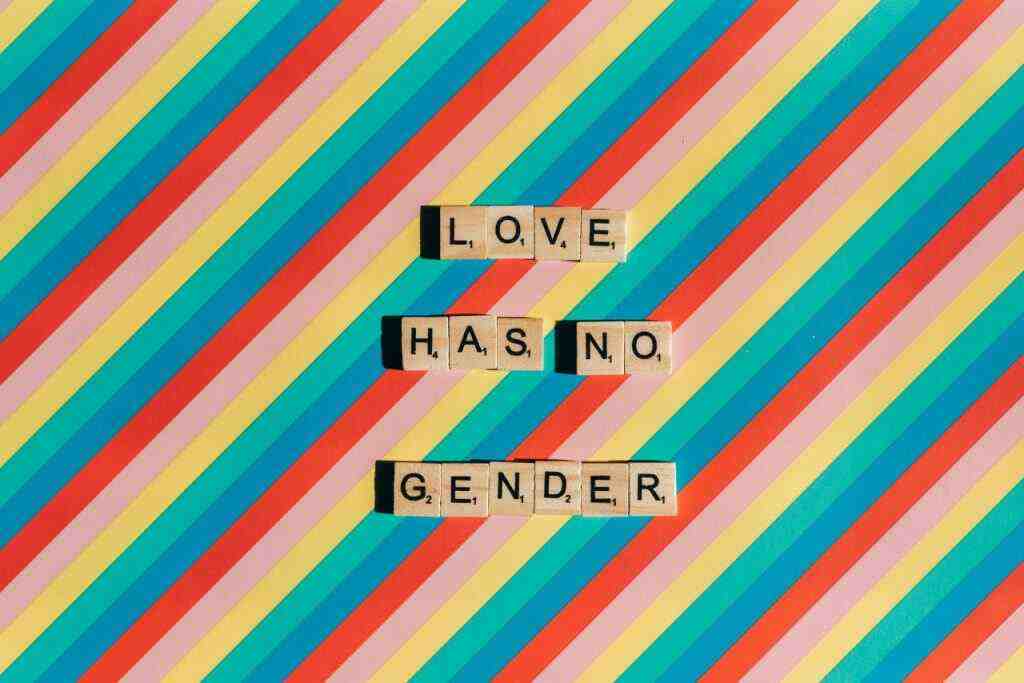South Korea: Unraveling the Dior Handbag Scandal: A Political Drama
A Tangled Web of Power, Privilege, and Betrayal
In the heart of South Korea, a political storm has erupted, fueled by the secret filming of the country’s first lady, Kim Keon Hee, receiving a lavish gift from pastor Choi Jae-young, a prominent advocate for unification with North Korea. This complex drama, unfolding just months before the country’s national assembly elections, has plunged the conservative government into disarray and ignited accusations and recriminations.
A Fateful Meeting and a Secret Recording
The saga began with a meeting between Pastor Choi Jae-young and first lady Kim Keon Hee in 2022. Choi, known for his engagement with North Korea, sought to share his insights on unification with the current administration. During a one-on-one meeting, Choi claims he overheard Kim engaged in a sensitive state affairs phone conversation. Alarmed, he decided to secretly record their next meeting using a spy camera concealed in his wristwatch.
The Dior Handbag Incident: A Gift or a Bribe?
During the second meeting, Choi presented Kim with a Dior handbag valued at approximately $2,240. The handbag and the spy camera were provided by Voice of Seoul, a left-leaning news site known for its opposition to the Yoon government. The video, released in November, showed Kim and Choi discussing the gift, with Kim expressing reluctance to accept such expensive items. However, the transfer of the handbag remains unclear in the video.
Choi’s Motivation and the Legal Implications
Pastor Choi justified his actions, claiming he was motivated by the public’s right to know about alleged corruption. He stated that he notified Kim in advance about the gift and that she made no attempts to refuse or return it. The legal implications are ambiguous, as anti-graft laws prohibit public officials’ spouses from receiving gifts worth more than $748, but only if it’s related to the duties of the official. Choi himself faces criticism for potentially influencing the upcoming election.
Kim Keon Hee’s Controversial Past: A History of Scandals
First lady Kim Keon Hee is no stranger to controversy. She has faced allegations of plagiarism in her academic writings, résumé padding, and stock manipulation. These controversies have been a source of embarrassment for her husband, President Yoon Suk Yeol, who vetoed a bill authorizing a special investigation into his wife’s alleged involvement in stock manipulation.
Political Fallout and Public Opinion: A Crisis of Confidence
The handbag scandal has further damaged President Yoon’s deeply unpopular government. Polls indicate that a majority of the public believes Kim needs to explain her position on the controversy, while others suspect she was entrapped. The scandal has also exposed internal divisions within the ruling People Power Party, with some members calling for an apology and others dismissing it as a smear campaign.
Internal Disarray within the Ruling Party: A House Divided
The disagreement on how to handle the scandal has led to tensions between Yoon’s office and his party. Senior party members have suggested that Yoon’s closest aide, interim party leader Han Dong-hoon, should resign, but Han has refused. The disarray within the ruling party has raised concerns about its ability to maintain stability ahead of the upcoming elections.
Media Scrutiny and Public Criticism: A Call for Accountability
Major conservative media outlets, typically sympathetic to President Yoon, have criticized his handling of the scandal. Editorials have called for an apology and expressed concern about the potential damage to the ruling party’s reputation. The scandal has also sparked public criticism, with many questioning the first lady’s judgment and the president’s ability to lead effectively.
Conclusion: A Nation at a Crossroads
The Dior handbag scandal has thrown South Korea’s political landscape into turmoil, just months before the national assembly elections. The secret filming of the first lady, allegations of corruption, and internal divisions within the ruling party have created a complex drama that is far from over. The outcome of this political crisis remains uncertain, and the public’s reaction will play a critical role in shaping the future of South Korea’s government.
